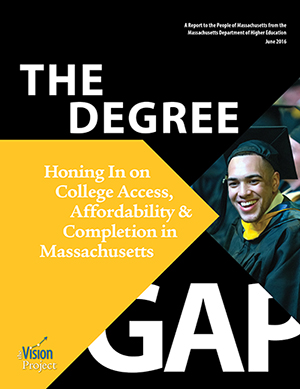May 7, 2015 – BOSTON – A pilot program to overhaul remedial math programs at Massachusetts’ public colleges and universities is showing early signs of success, with more students placing directly into credit-bearing coursework and then moving on to complete those courses at better-than-expected rates, the Department of Higher Education reported today.
A preliminary analysis of campus data from University of Massachusetts, state universities and community colleges shows that students who placed into college-level math courses based on their cumulative high school GPA are, at some campuses, completing credit-bearing math courses at rates comparable to or higher than those of students whose placements were based on their Accuplacer® scores. Since 1998, public campuses in Massachusetts have relied on Accuplacer© as the primary means of determining placement in entry-level math and English courses. National research indicates that high school GPA is a better predictor of success in college, and that placements based on Accuplacer scores may lead to too many students being placed into remediation.
“Here in Massachusetts as in other states, there is growing concern about how few students move on to complete math courses and ultimately, their degrees,” said Richard M. Freeland, Commissioner of Higher Education. “I am delighted to see our state among those taking the lead in overhauling programs that have often proven to be a barrier to course and degree completion.”
“We expected to see a drop in the numbers of students assigned to remedial courses, but we were not expecting to see so many students succeeding in college-level math courses at these rates,” said Carlos Santiago, Senior Deputy Commissioner for Academic Affairs at the Department of Higher Education. “This is testament to the innovative approaches being adopted by campuses as they adopt new instructional methods and placement practices to help students transform failure into success.”
Currently, more than one in three Massachusetts high school graduates who enroll at a public college or university place into developmental education courses.
At the University of Massachusetts Boston, where the number of developmental math course sections has been cut in half and the number of students enrolled in such courses cut by two-thirds from fall 2013 to fall 2014, data suggest that student success in completing entry-level, for-credit math courses is as strong, if not stronger than in prior years when students were placed into remediation classes, Maura Mast, Associate Vice Provost for Undergraduate Studies at UMass Boston, told members of the Board of Higher Education in a presentation last week. UMass Boston plans to discontinue its developmental education program beginning in the fall.
“We feel we’ve seen a very dramatic shift,” Mast said. “We’ve reduced barriers to the four-year college degree.”
At the state’s community colleges, where the need for remedial math is most acute, only 18 of every 100 students enrolled in such courses complete a credit-bearing course within two years. The progress reports delivered to the Board of Higher Education suggests that campus efforts to overhaul remedial math instruction are producing stronger student outcomes. Data summarizing the recent progress can be found here.
At Bristol Community College in Fall River, 86% of the students placed into college-level math based on a high school GPA of 2.7 of better went on to complete the course, compared with 68.8% of the students placed on the basis of their Accuplacer cut score. Even students with GPAs below 2.7% had higher course completion rates than the Accuplacer control group.
“While using high school GPA and transcripts as a measure of preparedness might not be perfect, I feel that it is certainly a better measure than the Accuplacer exam and a step in the right direction,” said Dan Avedikian, Chair of the Math Department at Bristol.
In 2013, amid growing concern that too few students ever move on from developmental coursework to complete credit-bearing courses and degrees, the Board of Higher Education authorized a one-year period of campus experimentation to overhaul developmental math programs. The Board’s Policy on Developmental Math gave campuses broad latitude to design changes, with some choosing to develop new curricula or utilize new placement methods, while others increased support services to students. Eighteen of the state’s 29 public campuses have launched pilots using high school GPA, or GPA combined with other standards, such as SAT scores, to determine student placement in math courses in lieu of the more widely used Accuplacer placement test.
The goal of the BHE policy is to increase by 20% the number of students completing a college-level math course within two years of enrollment.
 Adding up the Progress: Transforming Developmental Math
Adding up the Progress: Transforming Developmental Math


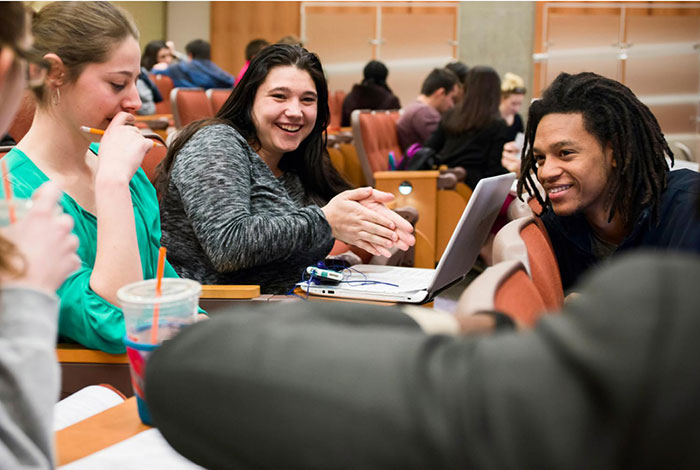
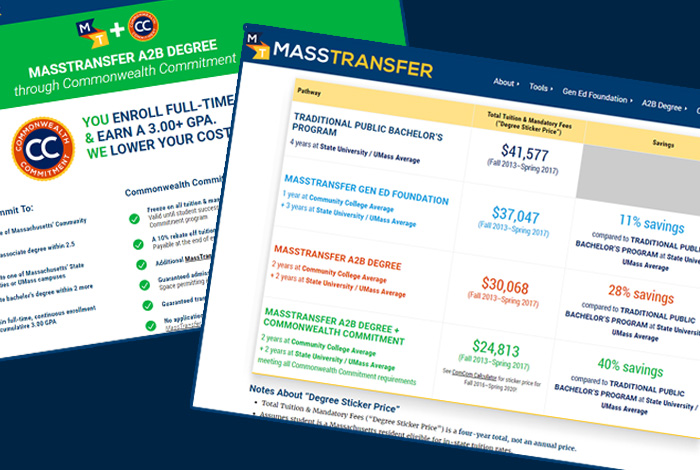
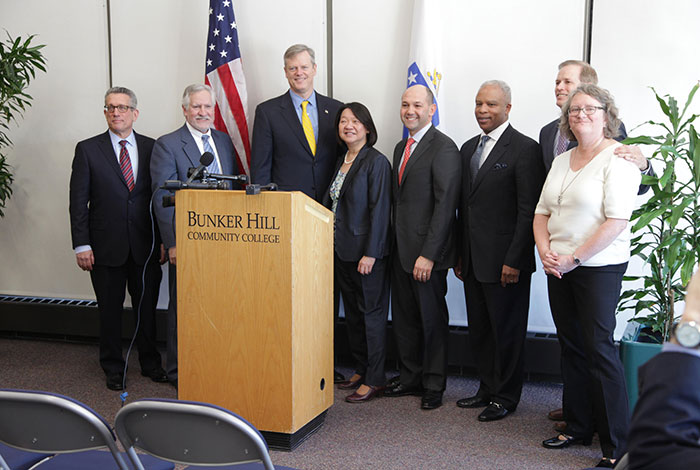
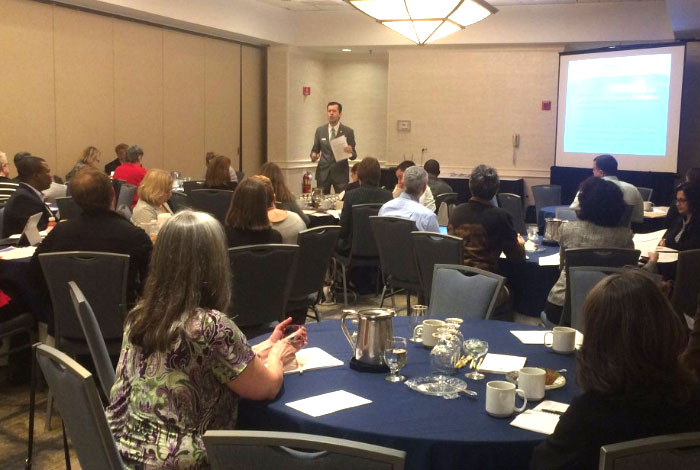
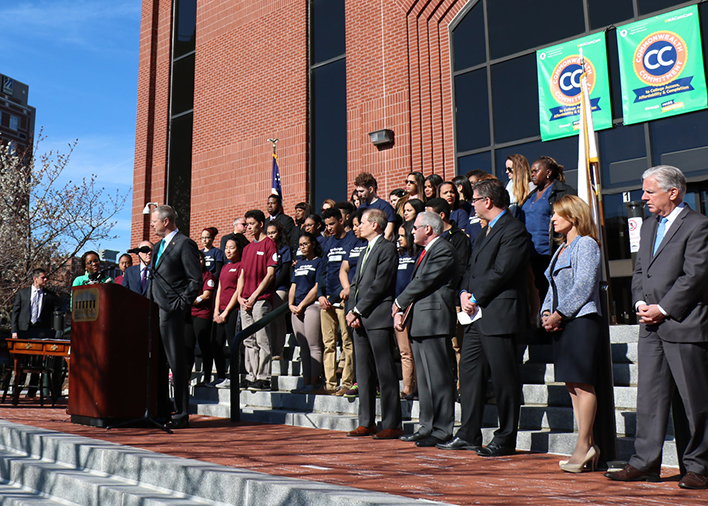
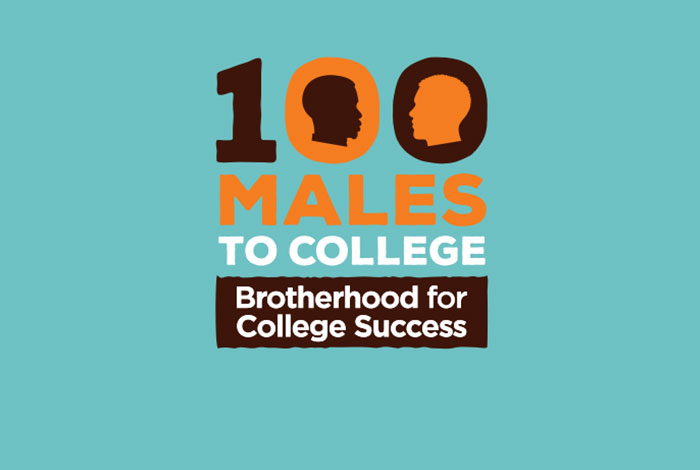
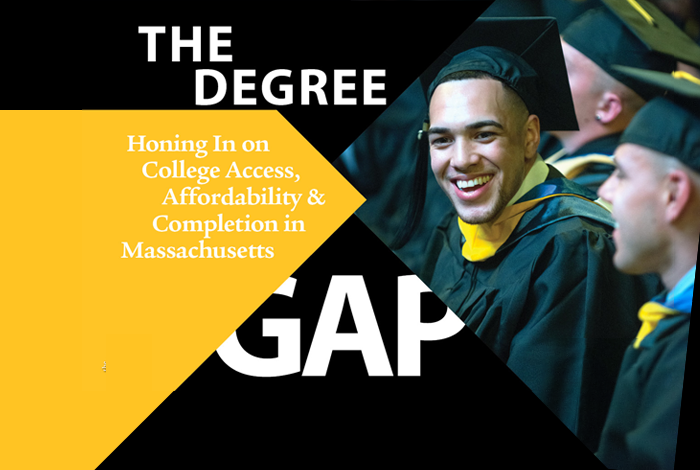
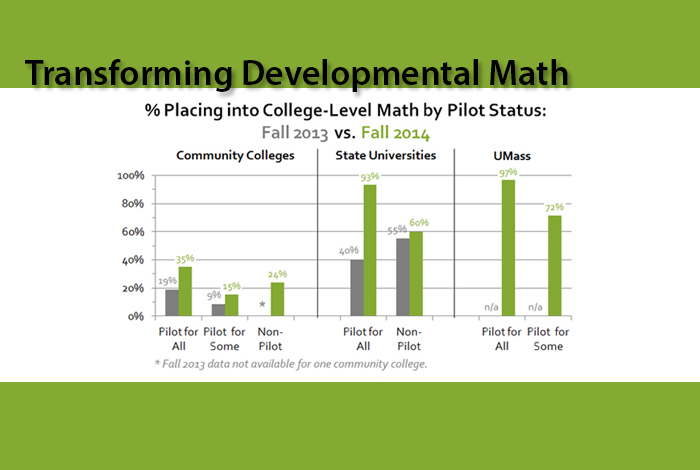
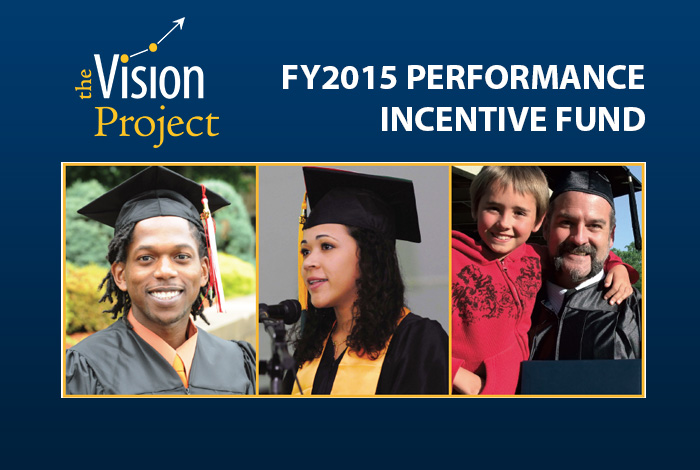
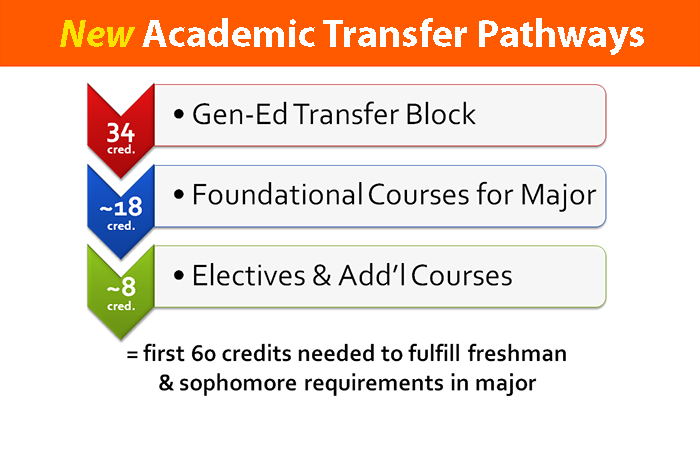
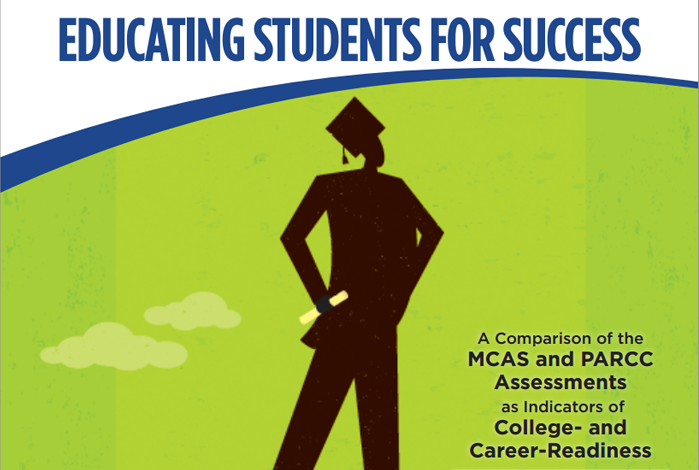

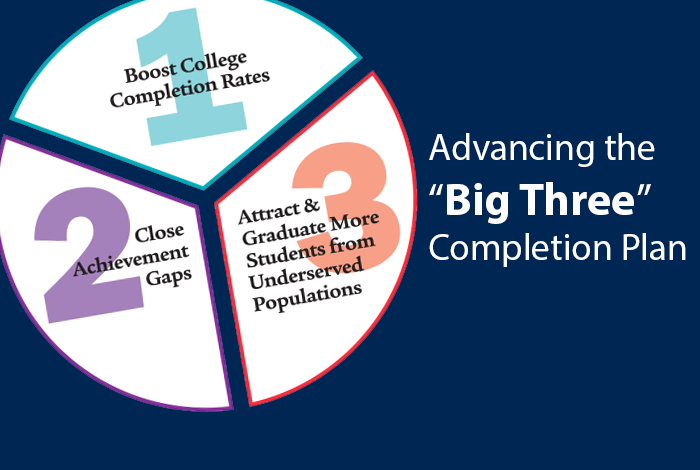
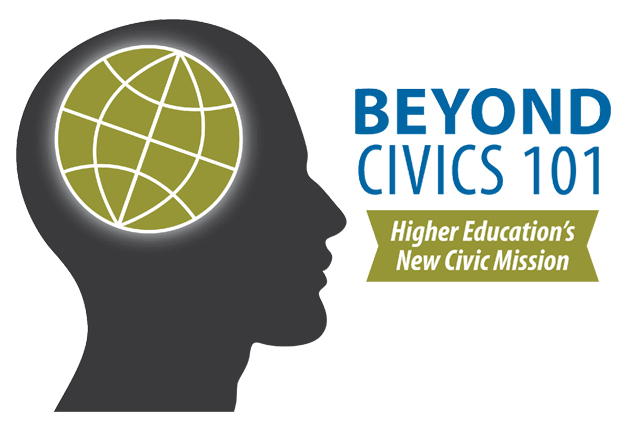
 The Department of Higher Education (DHE) hosted the first Statewide Conference on Civic Learning on November 14, 2014 at the Edward M. Kennedy Institute. The conference featured keynote speaker Caryn McTighe Musil, Senior Scholar and Director of Civic Learning and Democracy Initiatives at the Association of American Colleges and Universities, and included breakout sessions that delved into critical aspects of the implementation of the Civic Learning Policy.
The Department of Higher Education (DHE) hosted the first Statewide Conference on Civic Learning on November 14, 2014 at the Edward M. Kennedy Institute. The conference featured keynote speaker Caryn McTighe Musil, Senior Scholar and Director of Civic Learning and Democracy Initiatives at the Association of American Colleges and Universities, and included breakout sessions that delved into critical aspects of the implementation of the Civic Learning Policy. 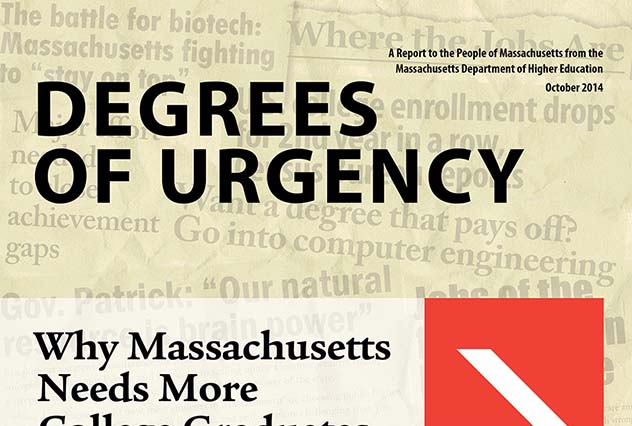
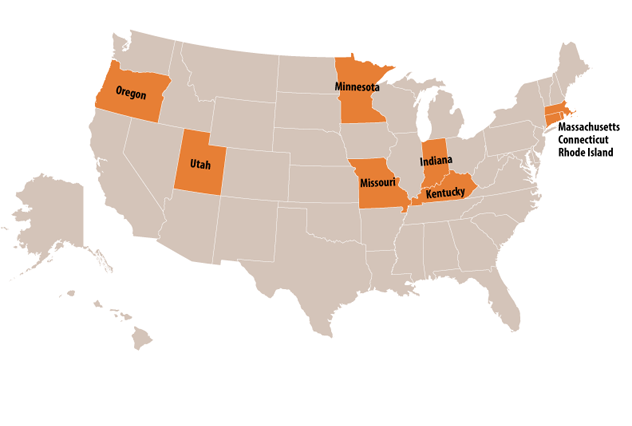



.jpg)

